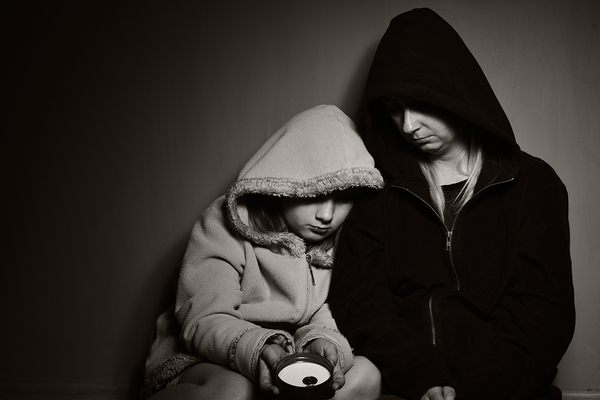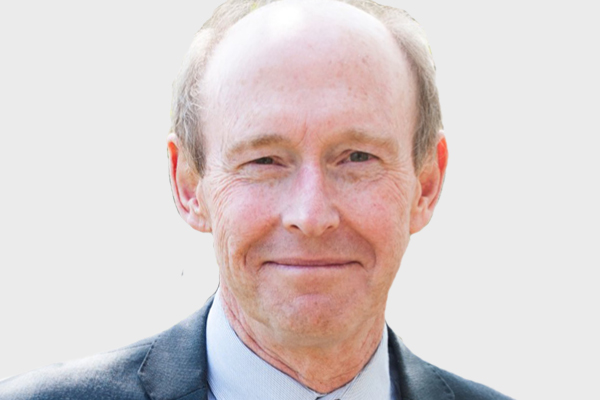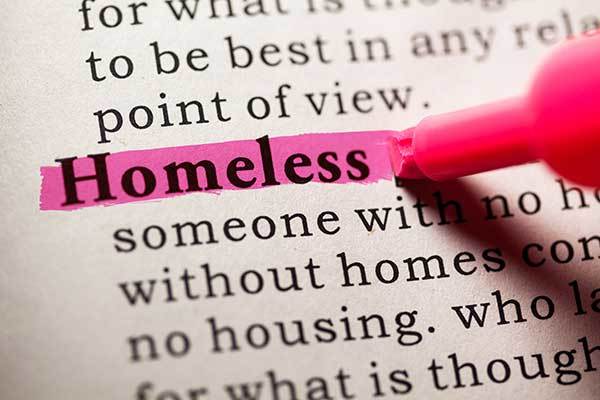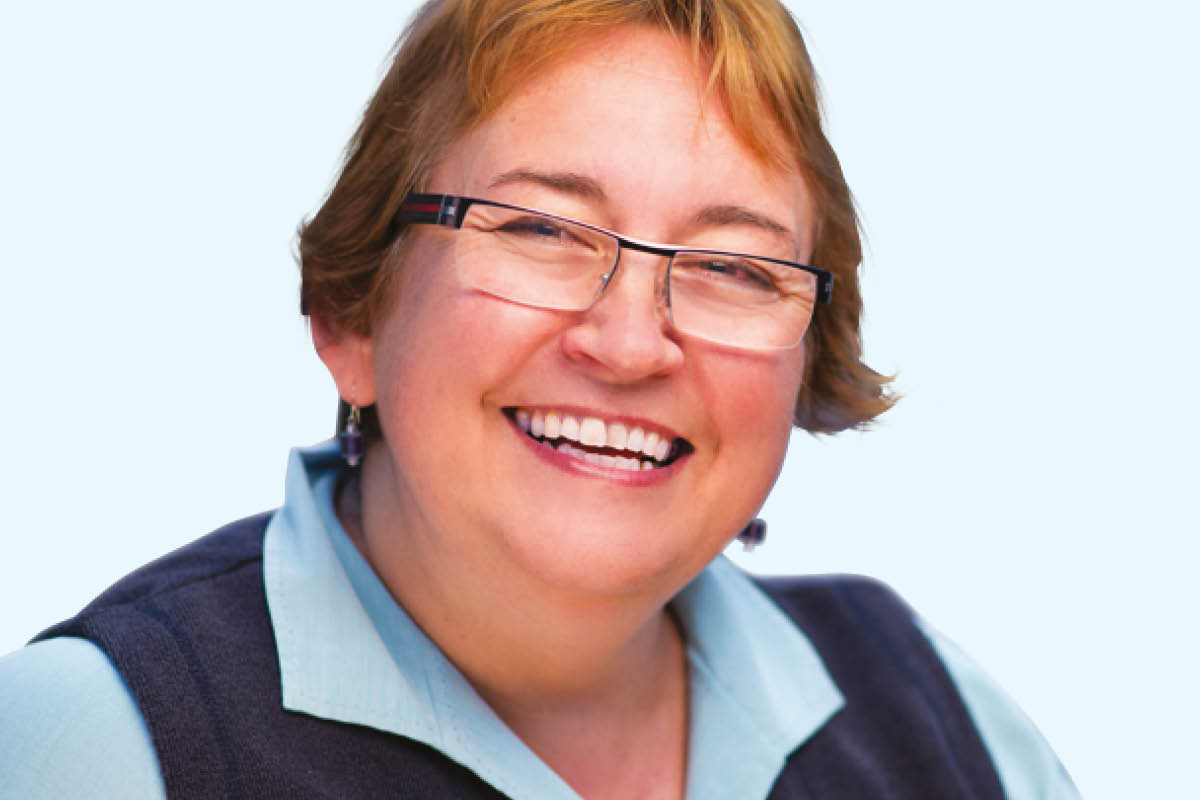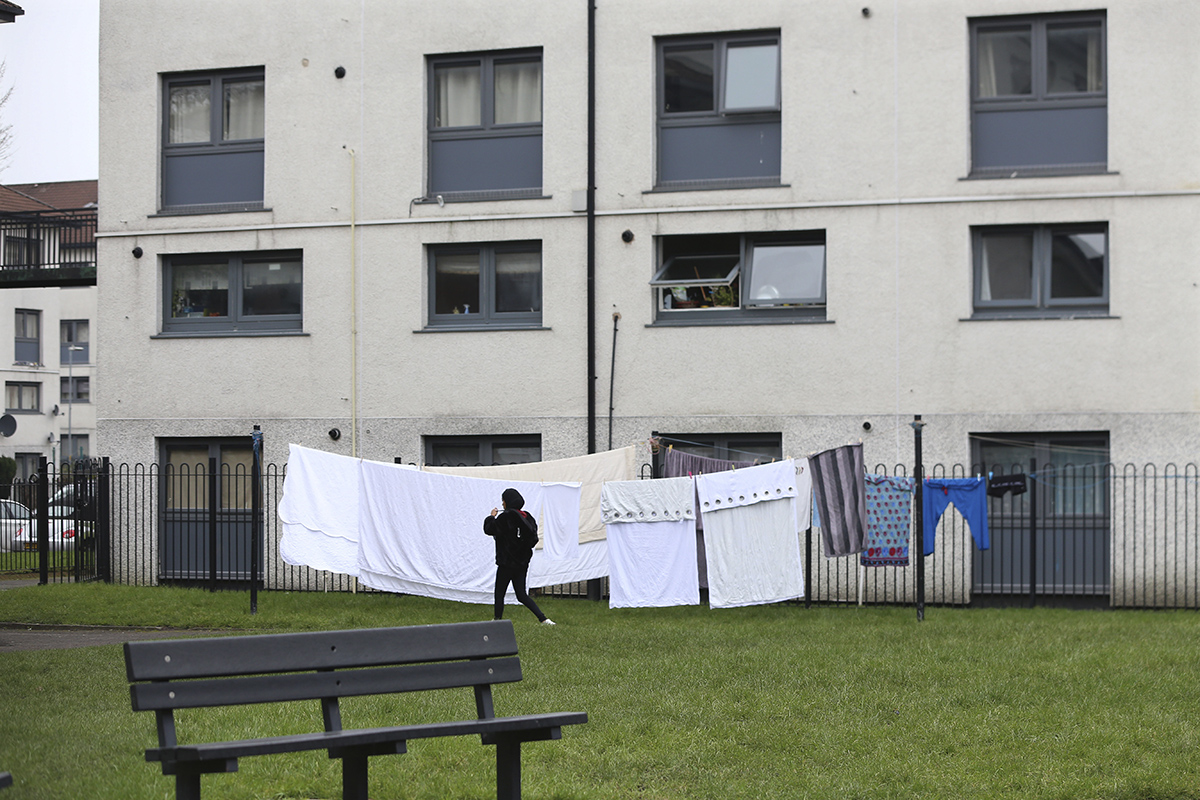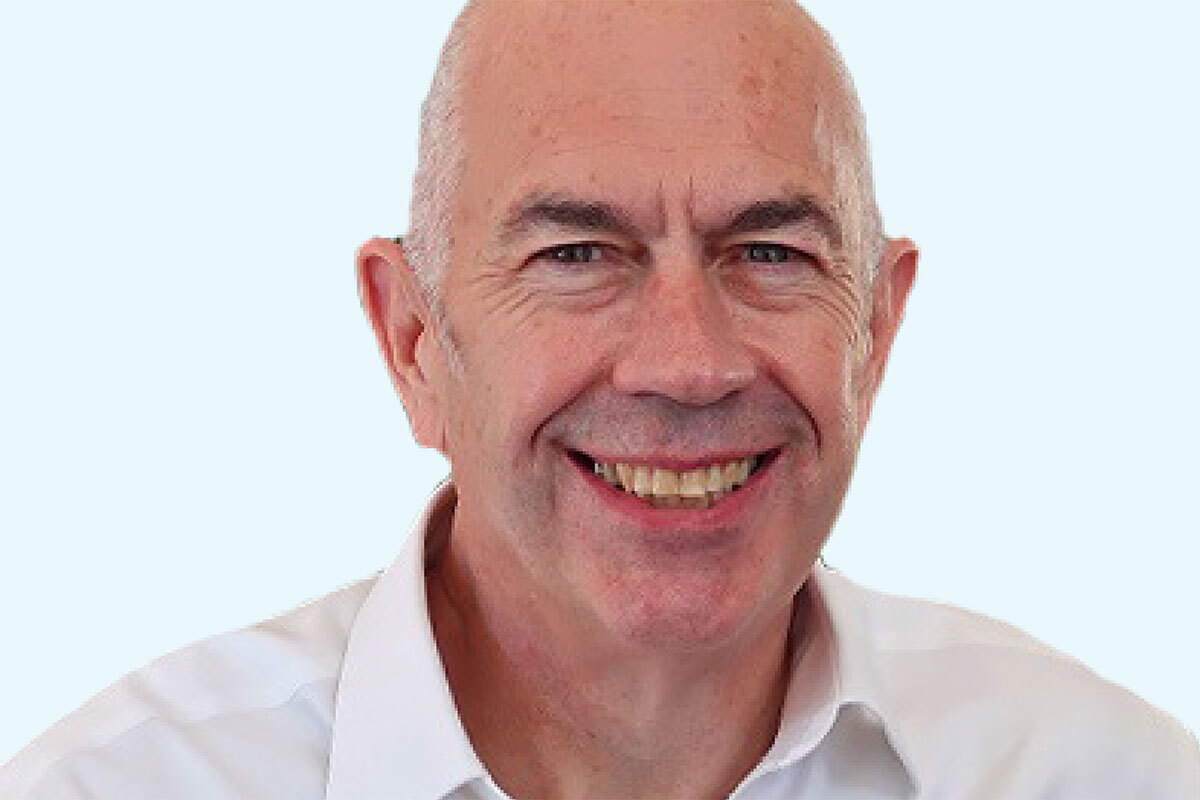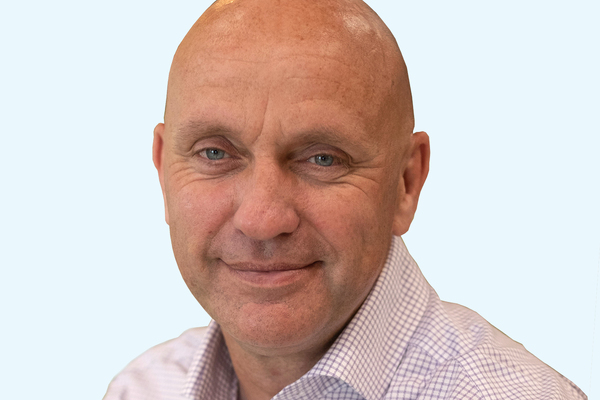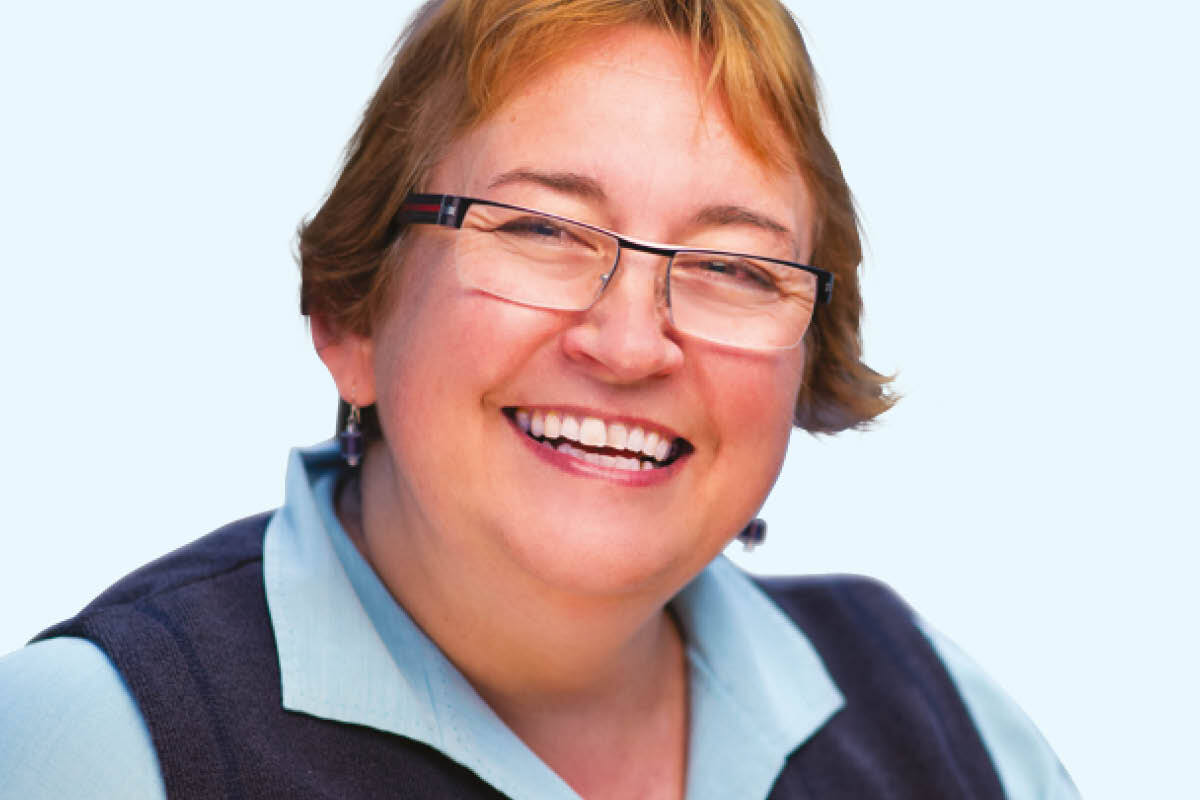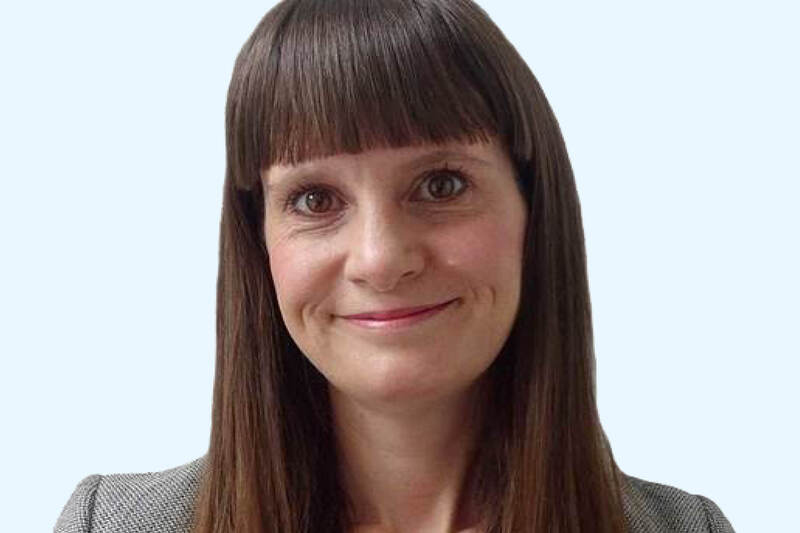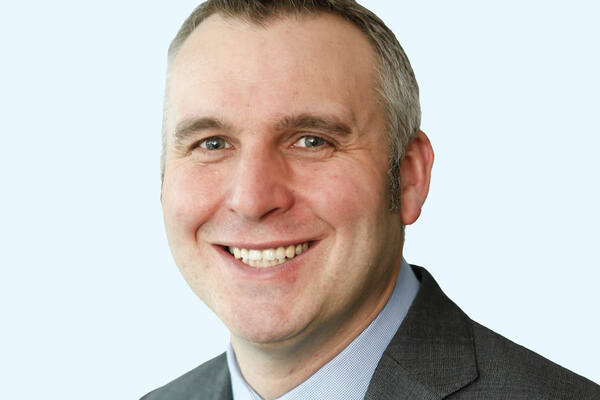You are viewing 1 of your 1 free articles
 Victoria Dingle
Victoria DingleVictoria is a fully involved resident living in Henley, a member of the Women’s Housing Forum, a regular Inside Housing columnist and ...more
I have been homeless recently and that’s how I know it is time to stamp it out
My experience of homelessness has emphasised to me how important it is that we stamp it out, rather than let it grow, writes Victoria Dingle
Homelessness is rising. Shockingly, the homelessness charity Shelter says there were 320,000 people listed as homeless at the end of 2018 and that number is rising by 13,000 each year. That’s around 36 people made homeless every day.
However, this official statistic for homelessness in Britain is likely to be wrong – the actual figure is thought to be much higher.
One of the reasons for this is because of the ‘hidden homeless’, who are not always recorded in official statistics. It can be hard to gather statistics regarding homelessness from those living rough and staying in temporary accommodation. Similarly, those sleeping on sofas at friends’ houses – ‘sofa surfers’ – or those bedding down in their own cars overnight because they have no other options are unlikely to appear in official statistics.
Sadly, there are many people staying temporarily with friends or family. The exact figure is unknown and the situation may have been caused by many different reasons. It might be due to losing a job, the high cost of renting privately, the breakdown of a relationship, being in an abusive relationship, addictions or a mixture of reasons, but none should stop anyone having a place to call their home.
No one wants to admit to being homeless, but unless the true number of homeless is known, the government will not allocate the funding necessary to help those in need.
It is hard to fully understand what not having somewhere to call ‘home’ might be like or what emotional pressure it adds to your other problems.
But I know first-hand what it’s like. I was made homeless, along with my two-year-old daughter, in 2015.
Our world was unexpectedly turned upside down when my husband threw us out of my in-laws’ accommodation.
Before my daughter was born, I had been a full-time teacher, rented privately and lived a ’normal’ life.
Now, my options were very limited: my living costs were high, I had no savings and I was made unemployed because I had been diagnosed with a life-changing illness.
“I was suddenly a member of the ‘hidden homeless’. I never, ever thought that’s where I would end up, but it happened and there was nothing I could do about it”
We had no choice but to stay with my elderly parents. I slept on their sofa, while my daughter stayed in a travel cot.
My parents were in poor health and they didn’t have room for us. But their home was my only option at the time. It had to be a temporary place for us to live.
I was suddenly a member of the ‘hidden homeless’. I never, ever thought that’s where I would end up, but it happened and there was nothing I could do about it.
I was absolutely terrified, ashamed and heartbroken but knew I had to get help. I applied for social housing and now we have a place to call home, thanks to Soha Housing, in South Oxfordshire.
I never want to be homeless again and want things to change for those who find themselves without a home.
Surely, it should be a basic human right to have a safe, private place to stay in? Would you want to be stuck in a hidden nightmare without help just because your life sadly took a turn for the worse? I never thought I would be, but it happened to me and you don’t want it to happen to you.
I wish I knew the answers to solving homelessness, but I believe raising awareness of the various types of homelessness is a good starting point.
National statistics indicate there are more male rough sleepers than female, but the reasons are not fully known. Perhaps, more females turn to friends or their families first, especially if they are also trying to look after children who were made homeless with them.
Whatever their situation, everyone who is homeless deserves support and help.
“Would you want to be stuck in a hidden nightmare without help just because your life sadly took a turn for the worse? I never thought I would be but it happened to me and you don’t want it to happen to you”
The Housing First model is a really effective way to help provide homes for people with complex needs – they can access the services they need with the safety net of a roof over their heads. As a Soha tenant board member, I am giving this project my support in my own organisation.
A member of the housing association alliance Homes for Cathy, Soha is working with other social landlords across the UK to see Housing First projects develop at pace as meaningful interventions by housing associations and local authority partnerships.
Importantly, this model also helps women, who may find emergency hostels intimidating.
We also need to demand that more time be spent gathering better statistics about ‘hidden homelessness’. Without knowing the full extent of the problem, we can’t find solutions to deal with this issue.
Homelessness comes in various forms, but in the 21st century, no one should be homeless.
Victoria Dingle, tenant non-executive director, Soha Housing
At a glance: Homelessness Reduction Act 2017
The Homelessness Reduction Act 2017 came into force in England on 3 April 2018.
The key measures:
- An extension of the period ‘threatened with homelessness’ from 28 to 56 days – this means a person is treated as being threatened with homelessness if it is likely they will become homeless within 56 days
- A duty to prevent homelessness for all eligible applicants threatened with homelessness, regardless of priority need
- A duty to relieve homelessness for all eligible homeless applicants, regardless of priority need
- A duty to refer – public services will need to notify a local authority if they come into contact with someone they think may be homeless or at risk of becoming homeless
- A duty for councils to provide advisory services on homelessness, preventing homelessness and people’s rights free of charge
- A duty to access all applicants' cases and agree a personalised plan
